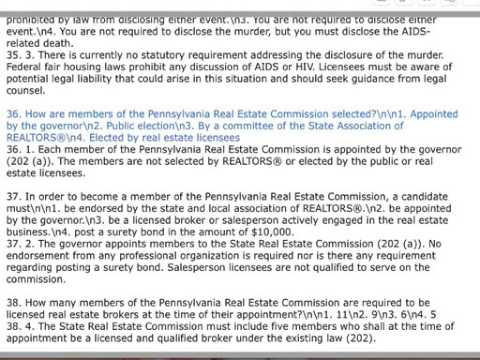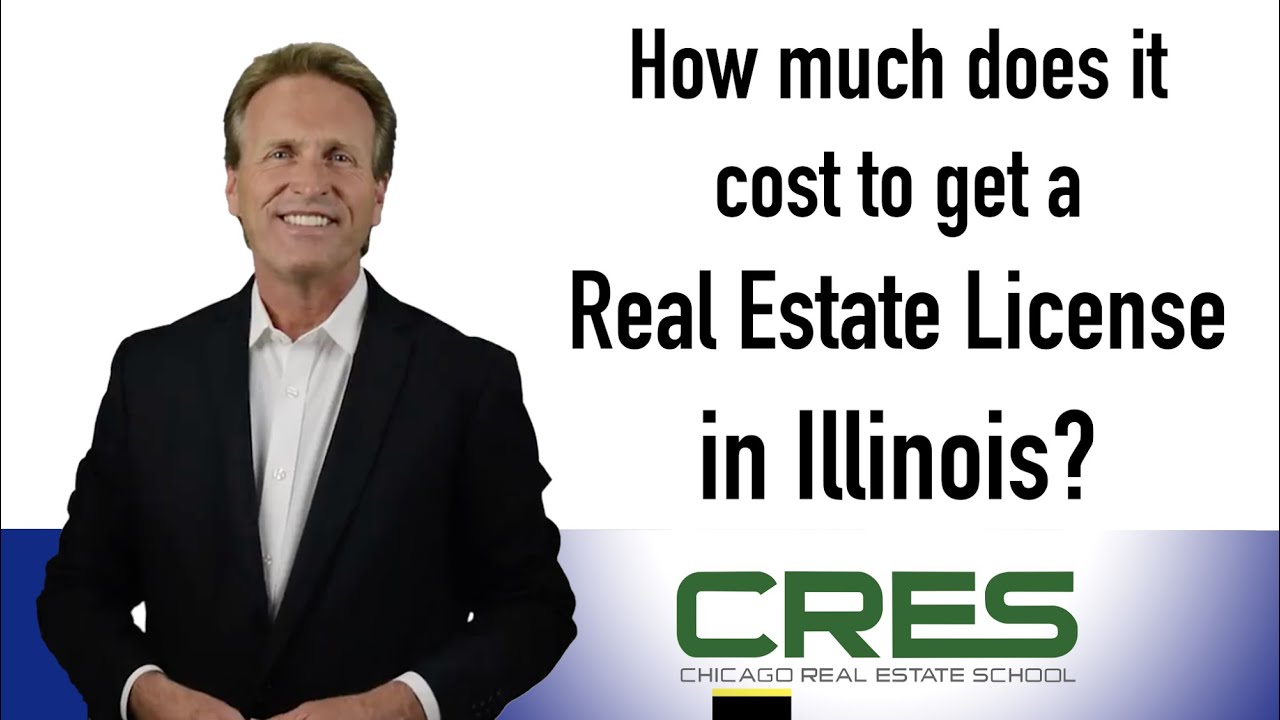
First step in becoming an agent is to get your license. If you are new to the business, you can learn from your sponsoring broker who will mentor you. While the sponsoring broker may have valuable knowledge and experience, you need to do your part and promote yourself. Once your license is granted you must promote yourself. To build a positive name, you will need to promote your business.
You can feel confident when you go to your real estate licensing exam.
Purchase an exam prep pack is a great way of preparing for the real-estate license exam. These courses include everything from training materials and webinars to practice tests and state-specific practice exams. Some even offer flash cards and e-books. The best thing about these courses is the money-back guarantee. These courses are free to try, so there's nothing to lose! Here are some tips to help you get started.

Mbition is an example of such a company. Its test prep package includes a personalized study plan, practice tests and flashcards. It also includes material on real estate contracts, law, and more. These exam prep classes are priced according to the state and number of practice sessions you purchase. For as little as $49, you can still get a basic nationwide exam preparation course. If you don’t feel like spending too much, there are state-specific courses that you can take.
Requirements
You can get your license as a real estate agent in Virginia if you are at least 18 years old and hold a high school diploma. If you have no criminal convictions, you must complete a pre-license course, take PSI Exams, and then complete an interview with the broker of your choice. Once you have passed the interview, you can submit your application for the Real Estate Board. After you have completed the required coursework, your license to practice real estate is granted.
Virginia requires reciprocity to be a licensed real estate agent. You can become a licensed agent in Virginia if you already hold a license from another state. You must have 24 months experience in real estate to be licensed in Virginia. A license you hold from another state is valid and you can apply online.
Requirements for passing the exam
If you're thinking about becoming a real estate agent in Virginia, you may be wondering about the required education. You must complete 60 hours of education before you can become a real estate agent. You can complete these courses through online learning platforms or local community colleges. A course called Principles and Practices of Real Estate: Salespersons is required before you take the real estate exam. This course will cover the fundamental concepts of real-estate, as well as Virginia's laws. After passing this course, you'll be eligible to sit for the state exam.

To become a Virginia real estate agent, you must have your fingerprints taken. For background checks to be successful, the Board requires that applicants provide fingerprints. PSI testing facilities can get fingerprints. If you're taking the written exam, you can visit a testing center in Virginia to complete the fingerprinting process. Once you pass the exam your fingerprints and background check will be done by the Virginia Central Criminal Records Exchange.
FAQ
How can I fix my roof
Roofs can burst due to weather, age, wear and neglect. Roofing contractors can help with minor repairs and replacements. Contact us to find out more.
How long does it usually take to get your mortgage approved?
It depends on several factors such as credit score, income level, type of loan, etc. It usually takes between 30 and 60 days to get approved for a mortgage.
How can I tell if my house has value?
You may have an asking price too low because your home was not priced correctly. If you have an asking price well below market value, then there may not be enough interest in your home. To learn more about current market conditions, you can download our free Home Value Report.
What are the disadvantages of a fixed-rate mortgage?
Fixed-rate mortgages have lower initial costs than adjustable rates. You may also lose a lot if your house is sold before the term ends.
Can I purchase a house with no down payment?
Yes! Yes. These programs include FHA loans, VA loans. USDA loans and conventional mortgages. More information is available on our website.
How much does it cost to replace windows?
Windows replacement can be as expensive as $1,500-$3,000 each. The total cost of replacing all of your windows will depend on the exact size, style, and brand of windows you choose.
Should I rent or purchase a condo?
Renting might be an option if your condo is only for a brief period. Renting saves you money on maintenance fees and other monthly costs. The condo you buy gives you the right to use the unit. You have the freedom to use the space however you like.
Statistics
- Based on your credit scores and other financial details, your lender offers you a 3.5% interest rate on loan. (investopedia.com)
- It's possible to get approved for an FHA loan with a credit score as low as 580 and a down payment of 3.5% or a credit score as low as 500 and a 10% down payment.5 Specialty mortgage loans are loans that don't fit into the conventional or FHA loan categories. (investopedia.com)
- 10 years ago, homeownership was nearly 70%. (fortunebuilders.com)
- Private mortgage insurance may be required for conventional loans when the borrower puts less than 20% down.4 FHA loans are mortgage loans issued by private lenders and backed by the federal government. (investopedia.com)
- Over the past year, mortgage rates have hovered between 3.9 and 4.5 percent—a less significant increase. (fortunebuilders.com)
External Links
How To
How to Find an Apartment
When moving to a new area, the first step is finding an apartment. Planning and research are necessary for this process. It involves research and planning, as well as researching neighborhoods and reading reviews. This can be done in many ways, but some are more straightforward than others. These are the steps to follow before you rent an apartment.
-
Researching neighborhoods involves gathering data online and offline. Online resources include Yelp. Zillow. Trulia. Realtor.com. Local newspapers, real estate agents and landlords are all offline sources.
-
You can read reviews about the neighborhood you'd like to live. Review sites like Yelp, TripAdvisor, and Amazon have detailed reviews of apartments and houses. You can also check out the local library and read articles in local newspapers.
-
Call the local residents to find out more about the area. Talk to those who have lived there. Ask them what the best and worst things about the area. Ask if they have any suggestions for great places to live.
-
Take into account the rent prices in areas you are interested in. You might consider renting somewhere more affordable if you anticipate spending most of your money on food. Consider moving to a higher-end location if you expect to spend a lot money on entertainment.
-
Find out all you need to know about the apartment complex where you want to live. It's size, for example. What's the price? Is it pet-friendly What amenities does it have? Can you park near it or do you need to have parking? Are there any special rules that apply to tenants?